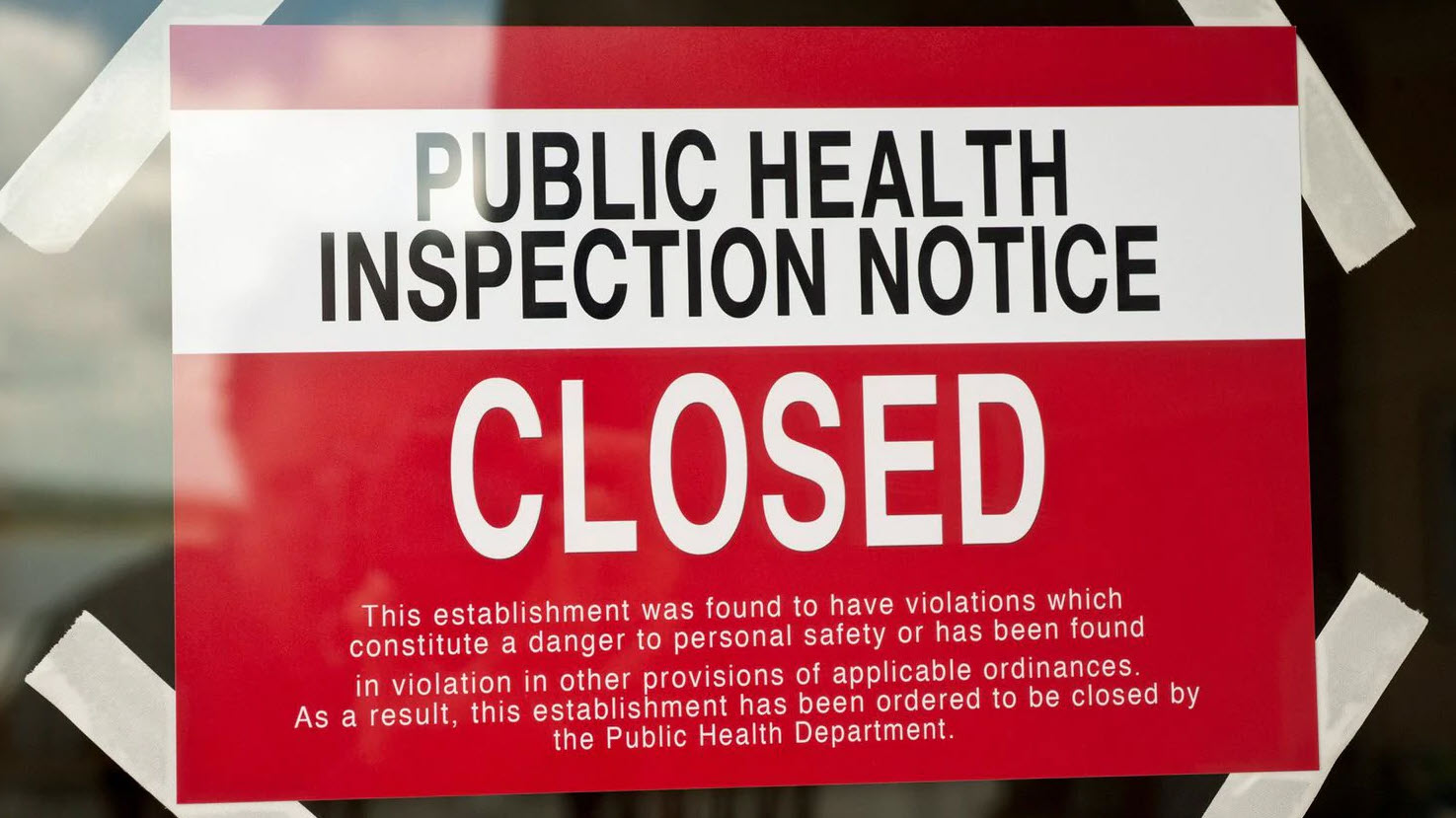
Wearing masks has been shown to be an important component in the fight to reduce the spread of COVID-19, prompting municipal governments to adopt mask policies in order for people to continue enjoying some semblance of normalcy. Like many things, wearing a mask has become a source of controversy, sparking widespread debates about freedom and social responsibility. While enforcing a mask policy may not always be the popular option for businesses, it’s an undeniably important part of your risk management policy.









